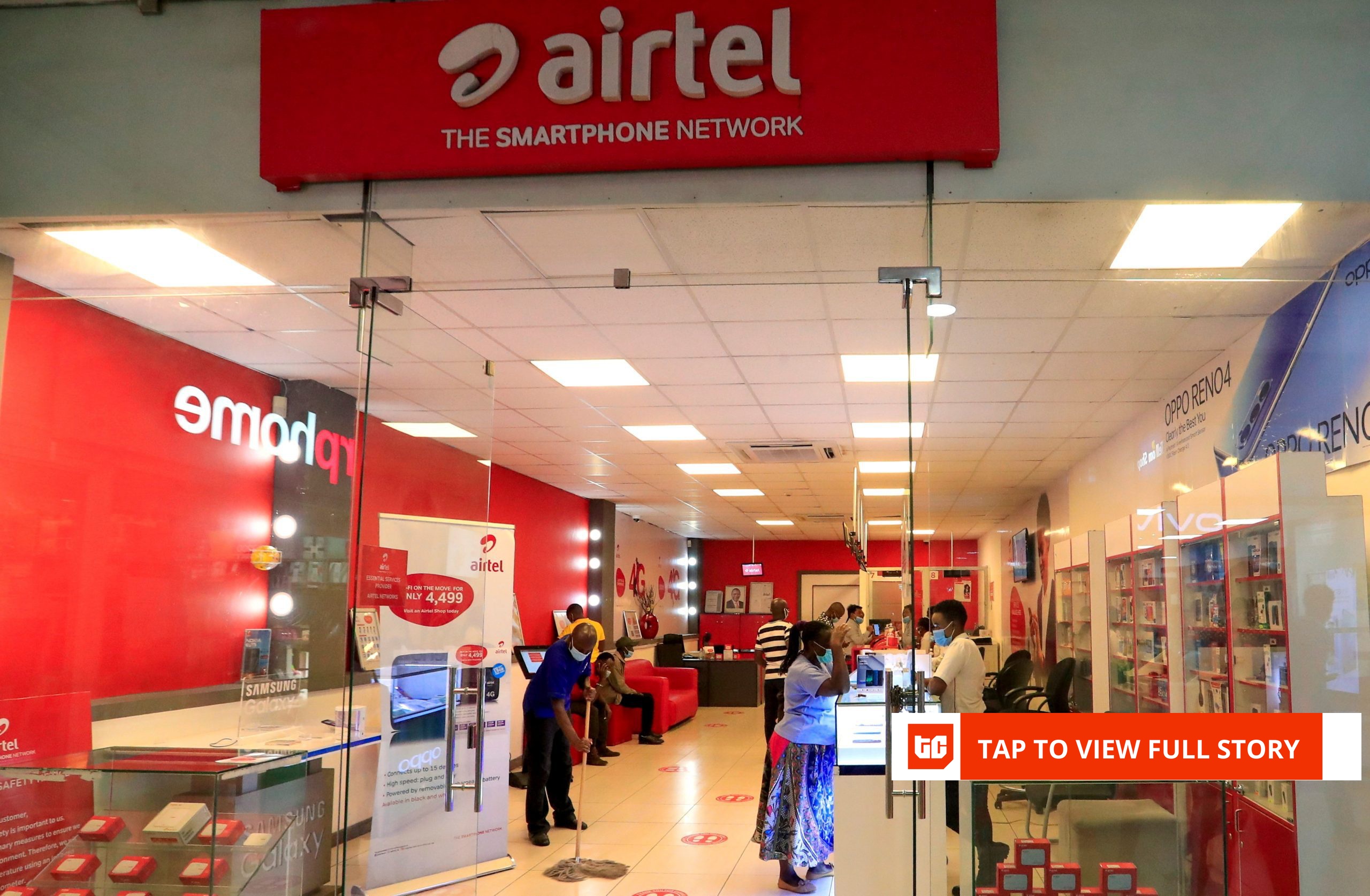Airtel Africa has raised its full-year capital expenditure plans to between $875 million and $900 million, the telco giant’s most aggressive investment cycle yet. The expanded capex, combined with a landmark partnership with SpaceX’s Starlink to deliver high-speed satellite internet, underlines Airtel’s strategy to cement its role at the centre of Africa’s digital economy.
The company’s latest half-year results to September 2025 show the fruits of that strategy: group revenue rose 24.5% in constant currency to $2.98 billion, while EBITDA margins climbed to 49% in the second quarter of 2026. CEO Sunil Taldar said the stronger performance has given Airtel the confidence to accelerate investments.
“Our strategy has been focused on providing a superior customer experience and building additional capacity to facilitate digital and financial inclusion,” he said. “The strength of these results gives us the confidence to increase our capex guidance as we invest to capture the full potential across our markets and deliver long-term value for all stakeholders.”
Where the $900 million is going
About 87% of Airtel Africa’s annual capital expenditure is devoted to growth-focused initiatives that aim to expand network capacity, modernise infrastructure, and strengthen connectivity across its 14 operating markets. This underscores the company’s aggressive drive to deepen its presence and enhance service quality across Africa’s rapidly digitising economies.
The largest portion of this spending, estimated between $600 million and $650 million, is directed toward network and infrastructure build-out. This includes expanding mobile tower sites, extending fibre backhaul, and preparing for the deployment of next-generation technologies such as 4G and 5G. The goal is to improve service reliability, boost speed, and accommodate the growing data demand across urban and rural regions.
Airtel has also made significant investments in spectrum and licence renewals, spending about $152 million in FY 2024, including $127 million for the renewal of its 3G licence in Nigeria, ensuring continued regulatory compliance and positioning the network to handle future technological upgrades.
Another major focus area is IT, cybersecurity, and digital transformation, where Airtel is investing to modernise its data centres, upgrade IT systems, and reinforce application and API security. These improvements are essential to supporting the company’s expanding portfolio of digital services and maintaining user trust.
In addition, a sizeable share of spending is dedicated to distribution networks and digital channels, including agent-network growth, mobile app development, and omnichannel integration. These efforts are particularly important for Airtel Money, the company’s fast-growing fintech division, which relies on digital infrastructure and agent presence to expand access to financial services.
In Nigeria, Airtel’s largest market, capital expenditure for Q2 2025 was reported at $39 million, representing about 1.7% of total group capex for the quarter. This investment focused on incremental network expansion and spectrum upgrades to support the company’s ongoing digital and financial inclusion strategy.
Digital infrastructure and new horizons
The increased investment comes at a time when data demand and smartphone usage are soaring across Africa. Smartphone penetration in Airtel’s footprint has climbed to 46.8%, and the company expects that number to grow sharply as device costs fall and 4G coverage expands.
Airtel’s bet on connectivity extends beyond terrestrial networks. In May 2025, the company announced a strategic agreement with SpaceX to integrate Starlink’s satellite internet services into its enterprise and retail offerings.
The collaboration aims to deliver high-speed broadband to remote schools, hospitals, and communities, areas where laying fibre or building towers is costly or impractical. Starlink has already secured licences in nine of Airtel’s 14 markets, with approvals in the remaining countries in process.
Network partnerships and regional strategy
Beyond SpaceX, Airtel has struck multiple network-sharing agreements to enhance efficiency and reduce rollout costs. In August 2025, it signed a strategic infrastructure-sharing deal with Vodacom Group covering Tanzania, the Democratic Republic of Congo, and Mozambique. This follows similar arrangements with MTN in Uganda and Nigeria announced earlier in the year.
These partnerships are designed to accelerate fibre deployment, optimise tower usage, and extend broadband access, especially in underserved markets where infrastructure duplication remains costly.
Despite strong momentum, execution risk remains. Some regions, such as East Africa, have seen temporary slowdowns in capex due to supply-chain and macroeconomic pressures. Currency devaluations, inflation, and energy costs also threaten to erode gains if not carefully managed.
Still, Airtel’s management is confident. “We are building the foundation for a truly digital Africa — from mobile connectivity to fintech inclusion,” Taldar said. “Our partnership with SpaceX, combined with record levels of investment, positions Airtel Africa for long-term growth.”










